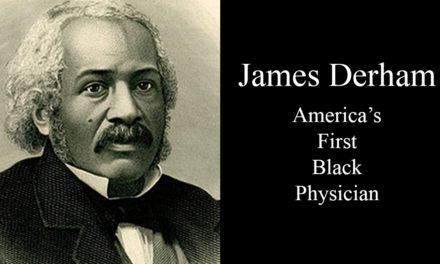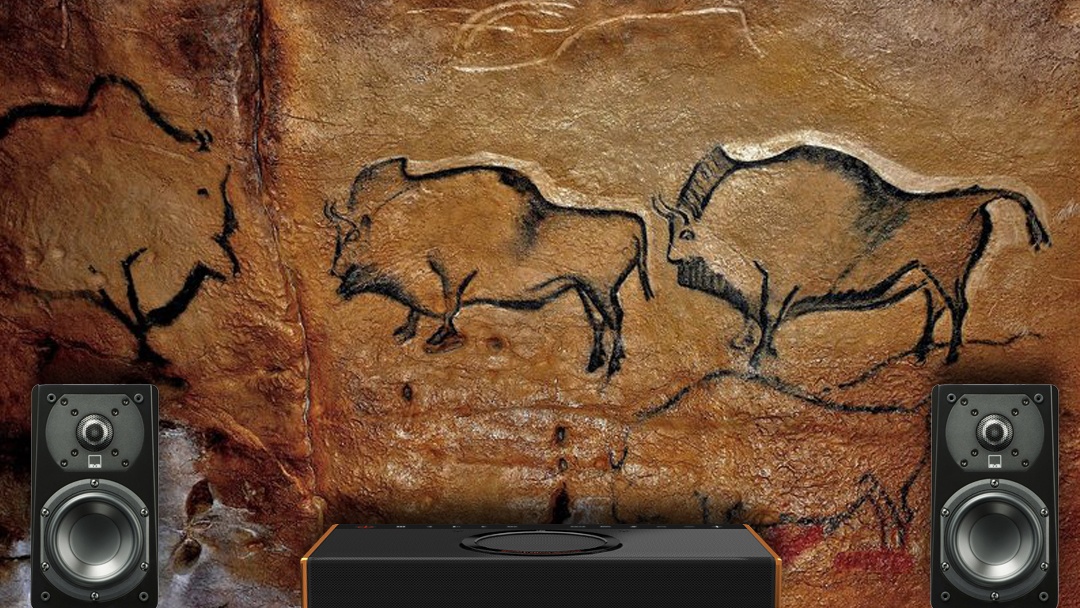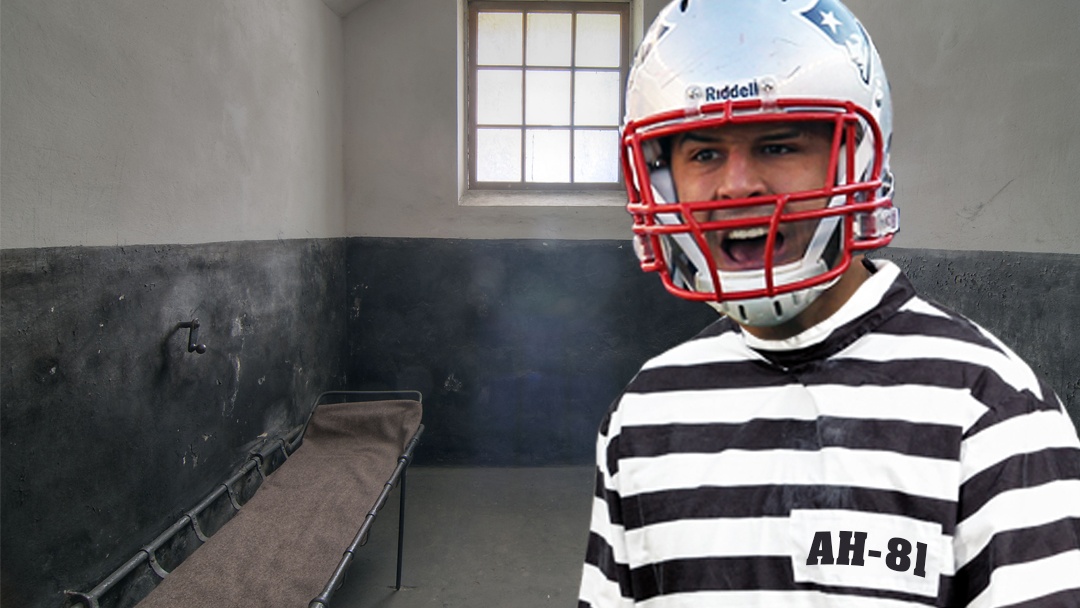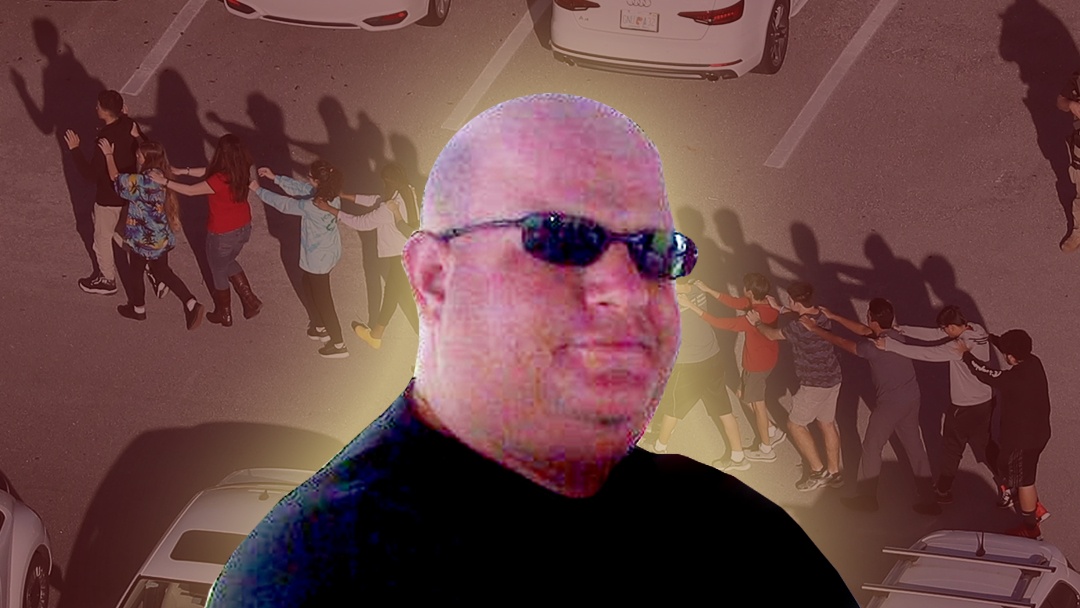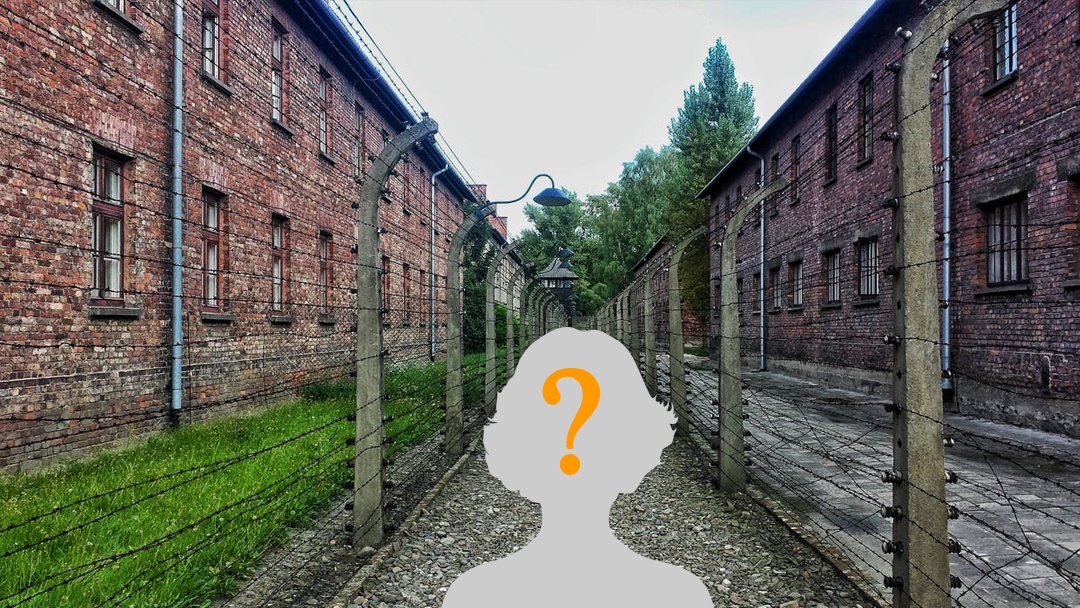Since there have been trains, there have been dogs, from time to time, that wait for them. Not for the thrill of seeing the train but for someone, a special someone in the dog’s world, to decamp.
Comes the newest story from India, a dog waiting night after night at a train station in Mumbai, always carefully checking out the women’s car, looking for a special someone.
The story even attracted the attention of experts, such as Karen Overall of the University of Pennsylvania.
“This dog is an optimist,” Overall says. “It’s interesting that this dog would have a relationship with someone that is so strong that she would still look [for her].”
“Optimist” is a cute, humanizing word, but what’s really happening with these animals? How did a loyalty and persistence get programmed into their brains that surpasses all reason, at least homo sapien reason?
Movie buffs will remember “Hachi,” the English language version of the ultimate dog-loyalty tale. The dog waits at the station, literally for the rest of his life, for his fallen companion to return.
Is the even deeper, more intriguing question not just the stunning “loyalty” of dogs–a human word of course–but the human reaction. In other species, dolphin or dog or chimpanzee, we constantly look for traits that remind us of ourselves. But does canine devotion to human companions surpass us, impress us partly because dogs seem not only human but superhuman, if you will, in the loyalty of the heart?
Did their long history with humans breed that in to them?
The dog in Mumbai apparently had puppies of her own, newborns at the time the story was written. Especially with a mother like that, can humans who treat them well count on their devotion, forever?




